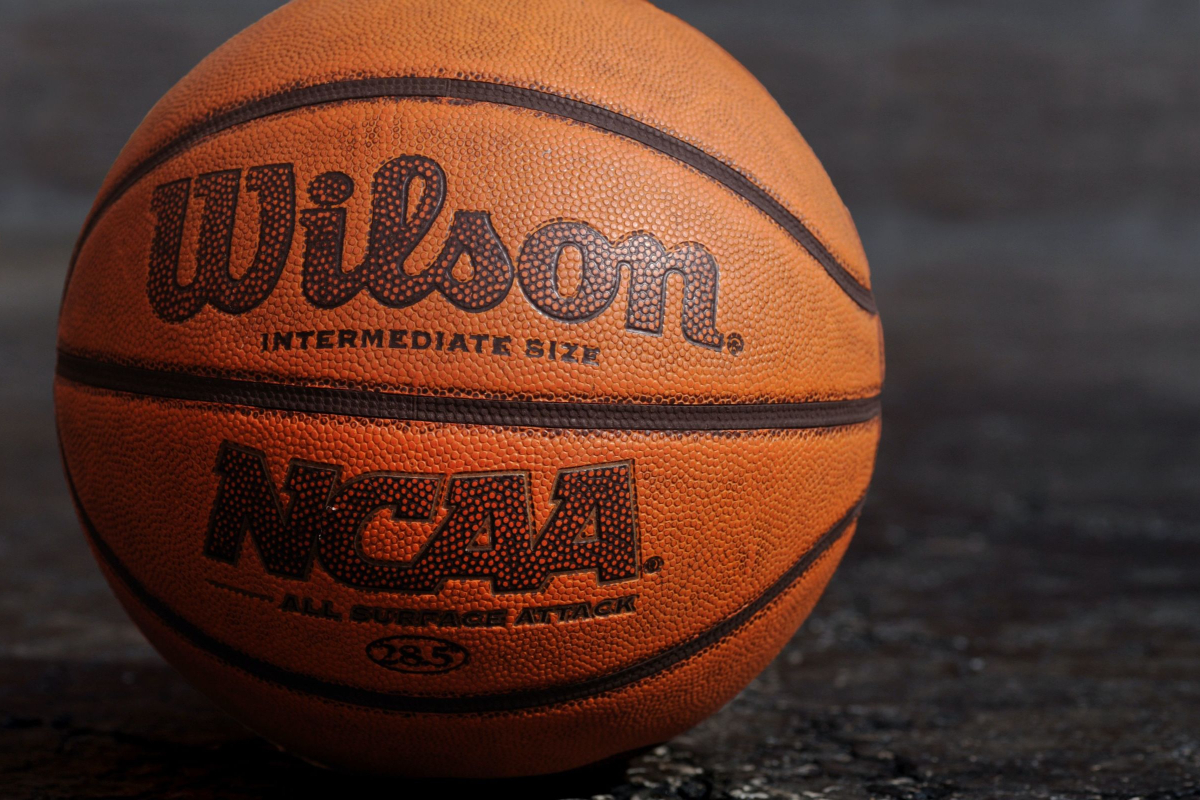NCAA Antitrust Lawsuits: What It Means for College Sports
The NCAA, or National Collegiate Athletic Association, has been at the center of several major lawsuits. Recently, a significant antitrust lawsuit against the NCAA was settled in federal court. This lawsuit and its settlement are crucial for the future of college sports, especially for the athletes. Let’s dive into what this means, how it affects athletes, and if sports at the college level will change.
The Lawsuit and Settlement
The antitrust lawsuits against the NCAA claimed that the organization unfairly limited athletes’ abilities to earn money. College athletes dedicate their time and energy to sports, often generating significant revenue for their schools and the NCAA. However, strict NCAA rules restricted them from profiting off their talents.
The settlement in this lawsuit is a big win for college athletes. It acknowledges that athletes deserve to benefit financially from their hard work. The NCAA agreed to make changes to their rules, allowing athletes more freedom to earn money.
Importance of the Settlement
This settlement is a landmark moment in college sports history. For years, the NCAA maintained that amateurism was crucial, meaning athletes should not be paid beyond scholarships and basic expenses. This case challenged that idea, arguing that athletes should have more control over their financial futures.
The importance of this settlement lies in its recognition of athletes’ rights. It sets a precedent that could lead to more significant changes in how college sports are managed and how athletes are treated.
Impact on Athletes
The settlement directly benefits college athletes in several ways:
- Financial Opportunities: Athletes can now earn money from endorsements, sponsorships, and other business opportunities. This change allows them to capitalize on their fame and hard work.
- Equal Treatment: The settlement pushes for fairer treatment of athletes. It emphasizes that athletes should not be exploited for their talents without fair compensation.
- Better Support Systems: With the new rules, athletes may receive better support in managing their finances and careers. This support is crucial as many athletes juggle sports and academics.
- Long-term Benefits: Allowing athletes to earn money can help them financially after college. Not all athletes go professional, so these opportunities can provide financial security.
Changes in College Sports
The settlement could bring several changes to college sports:
- Recruitment Dynamics: Schools may use their ability to help athletes earn money as a recruitment tool. This change could lead to more competition among schools to attract top talent.
- Shift in Power: The settlement shifts some power from the NCAA to the athletes. This shift may lead to more negotiations and changes in how college sports are governed.
- Enhanced Visibility: Athletes who earn money and endorsements could bring more attention to college sports. This visibility can benefit both the athletes and the schools.
- Focus on Athlete Welfare: The settlement highlights the importance of athlete welfare. Schools and the NCAA may invest more in programs that support athletes’ overall well-being.
Future of College Sports
While the settlement is a step forward, it’s just the beginning. The NCAA and schools will need to navigate these new rules and ensure they are implemented fairly. There may be more legal challenges and changes in the future as the landscape of college sports evolves.
For athletes, this settlement opens new doors and opportunities. It recognizes their contributions and provides them with a chance to benefit from their hard work. College sports may see a shift in focus, with more emphasis on athlete rights and financial fairness.
The settlement of the NCAA antitrust lawsuits marks a significant change in college sports. It empowers athletes, promotes fairness, and paves the way for a more balanced approach to college athletics. As these changes unfold, the future of college sports looks brighter and more equitable for all involved.


